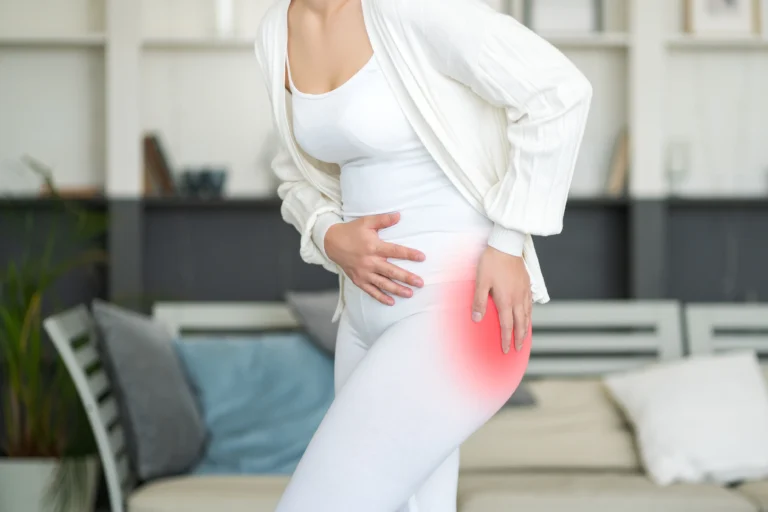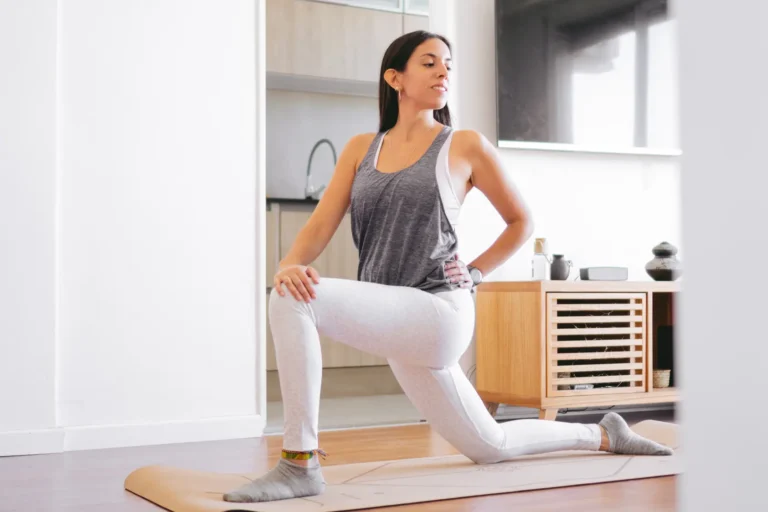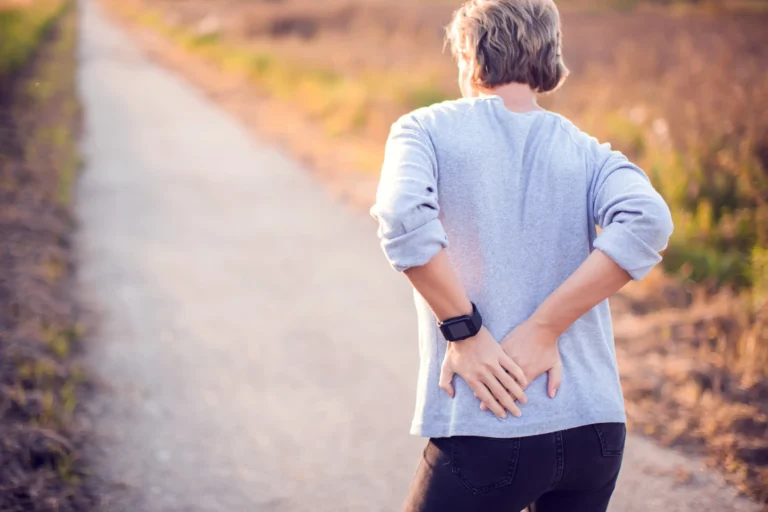What Is The Most Common Reason For Hip Pain?
Hip pain is a prevalent issue that affects many individuals, often interfering with daily activities and overall quality of life. Understanding the common reasons behind hip pain can significantly aid in managing and alleviating discomfort. Among the leading causes, osteoarthritis stands out as a primary culprit. This degenerative joint disease results from the breakdown of cartilage, which cushions the hip joint. As the cartilage deteriorates, bones begin to rub against each other, leading to pain, inflammation, and reduced mobility.
Bursitis also plays a significant role in hip pain. This condition involves the inflammation of the bursae, small fluid-filled sacs that act as cushions between bones and soft tissues. In the hip, bursitis often manifests as localized pain and tenderness, typically exacerbated by movements such as walking or climbing stairs. Although less severe than fractures, bursitis can cause significant irritation and discomfort.
Another critical factor contributing to hip pain is hip fractures and injuries. These are more common in older adults due to diminished bone density, which increases fracture risk. Hip fractures can result from falls or direct impacts to the hip, causing intense pain and requiring prompt medical attention to prevent complications.
Book your appointment today at Bull City PT’s Durham – Charlotte – Brier Creek – Cary offices.
Why Do I Have Hip Pain Without Injury?
Experiencing hip pain without injury can be concerning, and understanding the various potential causes is essential to managing and relieving this discomfort. In many cases, non-injury hip pain results from underlying conditions that might not be immediately obvious.
Inflammation Related To Arthritis Or Bursitis
Arthritis is a common cause of hip pain in the absence of a specific injury. With types such as osteoarthritis and rheumatoid arthritis, the protective cartilage between joints wears down, causing inflammation. Similarly, bursitis, which is the inflammation of the bursa sacs that cushion your hip joint, can develop over time due to wear and tear. Both conditions contribute to persistent or sudden hip pain.
Stress And Repetitive Strain Explanation
Another contributor to hip pain without apparent injury is stress or repetitive motion, often seen in athletes or individuals with jobs demanding frequent physical activity. Continuous strain on hip muscles can lead to inflammation and pain without a direct injury, with symptoms potentially worsening over time if left unaddressed.
Underlying Conditions Like Tendinitis
Tendinitis, particularly affecting the hip flexors, can occur due to overuse, leading to pain and stiffness. This condition is common in runners and dancers, where repetitive movement is part of daily routines. Identifying and treating tendinitis early is crucial to prevent further complications.
What Causes Hip Pain On One Side Of The Body?
Experiencing hip pain on one side can be perplexing and discomforting. This unilateral hip pain can arise from various underlying causes, each necessitating distinct approaches for relief. Understanding these causes not only helps in addressing the pain effectively but also in preventing future occurrences.
Differences In Left Vs. Right Hip Pain
Left hip pain and right hip pain can often be attributed to different activities or postures. For instance, individuals who frequently carry heavy objects predominantly with their right hand may notice more wear and tear on the right hip. Conversely, those whose occupations involve sitting may develop pain on the side that naturally bears more tension. Evaluating daily habits can assist in identifying any correlation between activities and the side of hip pain one experiences.
Signs Of Sciatica And Nerve Issues
Sciatica is another common culprit behind hip pain on one side. Sciatica occurs when there is pressure on the sciatic nerve, often causing pain to radiate down one leg. This nerve-related issue can be exacerbated by certain activities, leading to intensified hip discomfort. Recognizing the symptoms of sciatica, which includes sharp or shooting pain, numbness, or tingling can guide individuals toward seeking appropriate treatments like nerve gliding exercises or targeted therapies.
Muscle Imbalances And Posture-Related Pain
Muscle imbalances arising from an uneven distribution of body weight or improper posture can also directly affect one side of the hip. Over time, poor posture can result in chronic hip pain as certain muscles become overworked while others weaken. Emphasizing proper ergonomic practices and strengthening core muscles can alleviate this kind of pain. Ensuring a balance between flexibility exercises and strength training is crucial in addressing muscle imbalances and maintaining hip health.
How Do You Make Hip Pain Go Away?
Home Remedies For Relieving Hip Pain
For those wondering how to relieve hip pain and seeking fast hip pain relief, there are several at-home strategies that can provide comfort. One of the simplest yet most effective methods is rest. Allowing your body the time it needs to heal is crucial. Resting can prevent further aggravation of the hip pain and give injured tissues time to repair themselves. Pairing rest with ice application can help reduce swelling and numb pain in the affected area, making it a quick and effective remedy for acute discomfort.
The Role Of Physical Therapy
While home remedies can offer relief, physical therapy is essential for addressing the underlying causes of hip pain. Professional therapists, like those at Bull City PT, design targeted exercise programs to strengthen hip muscles, improve flexibility, and correct muscle imbalances. Through guided steps and personalized care plans, physical therapy not only alleviates pain but also works to prevent future occurrences by enhancing overall joint function. Engaging in regular, prescribed exercises can yield significant improvements in mobility and pain levels over time.
Over-The-Counter Medications
For more immediate relief, over-the-counter medications such as NSAIDs (nonsteroidal anti-inflammatory drugs) can be effective in reducing pain and inflammation. While these medications provide short-term comforts, they should be used as directed and in conjunction with other safe practices like physical therapy to promote long-term health benefits.
Bull City PT in Cary specializes in tailored rehabilitation programs, blending advanced therapies with personalized attention to ensure optimal recovery. Take control of your health and begin your journey to a pain-free life by scheduling your appointment with us today.







